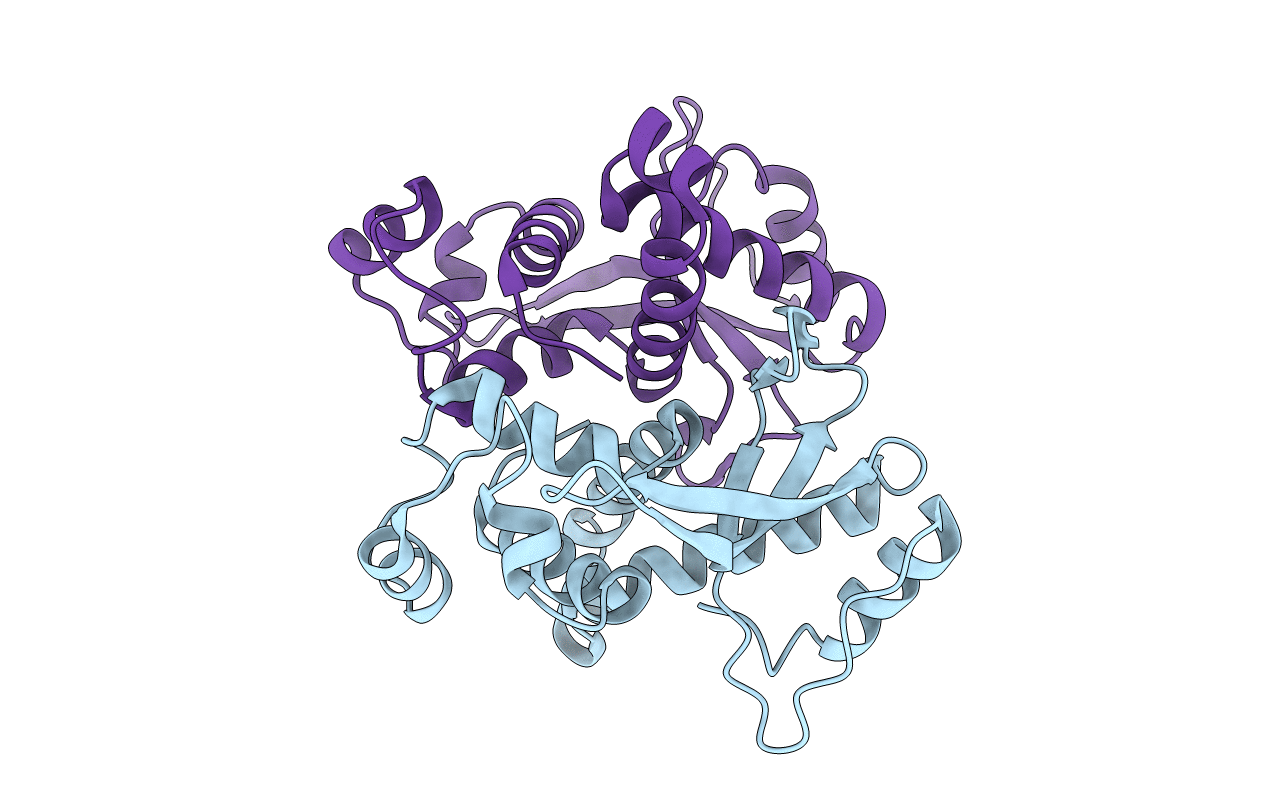
Deposition Date
2017-11-13
Release Date
2018-06-06
Last Version Date
2024-05-08
Entry Detail
Biological Source:
Source Organism(s):
Streptococcus phage 73 (Taxon ID: 1718279)
Expression System(s):
Method Details:
Experimental Method:
Resolution:
2.50 Å
R-Value Free:
0.24
R-Value Work:
0.23
R-Value Observed:
0.23
Space Group:
P 43 3 2


